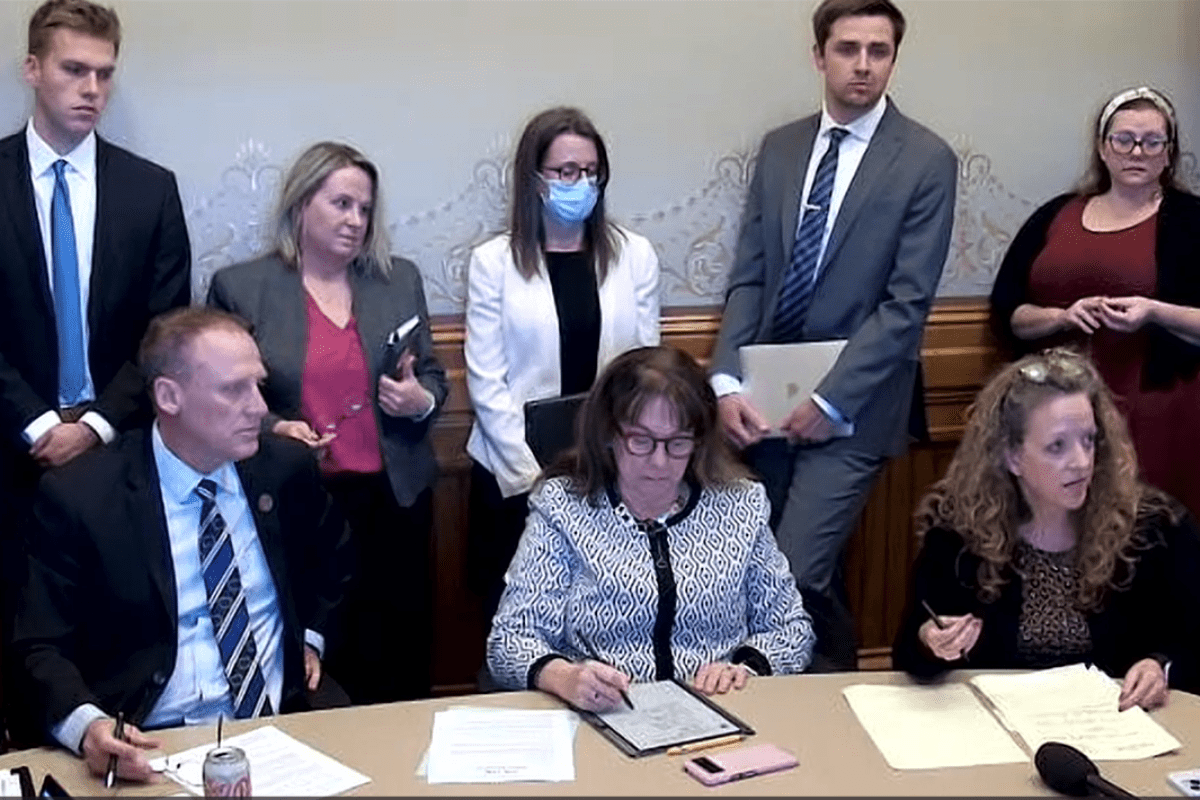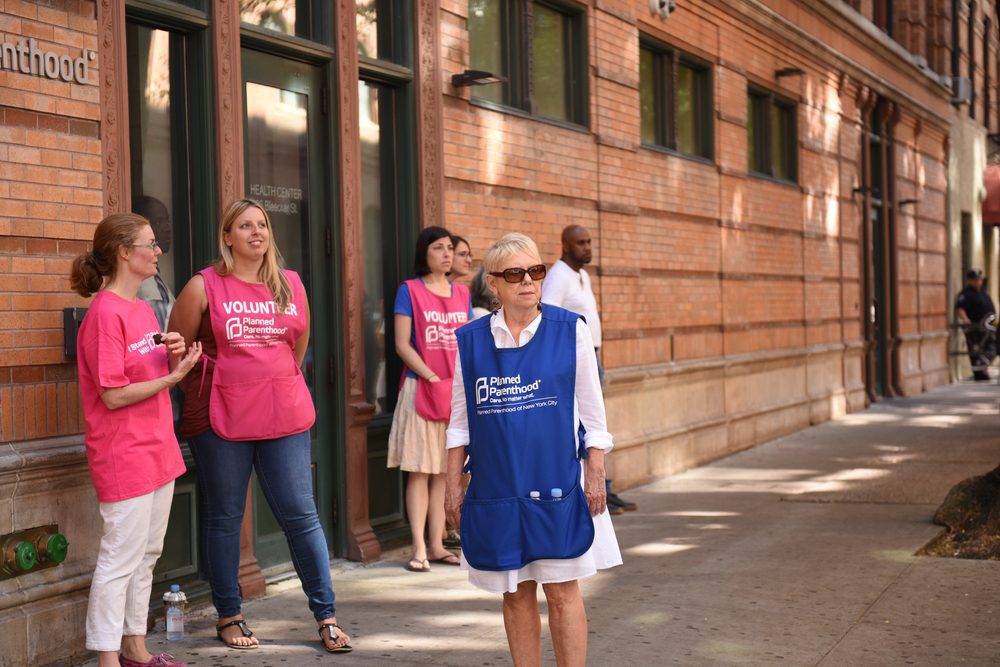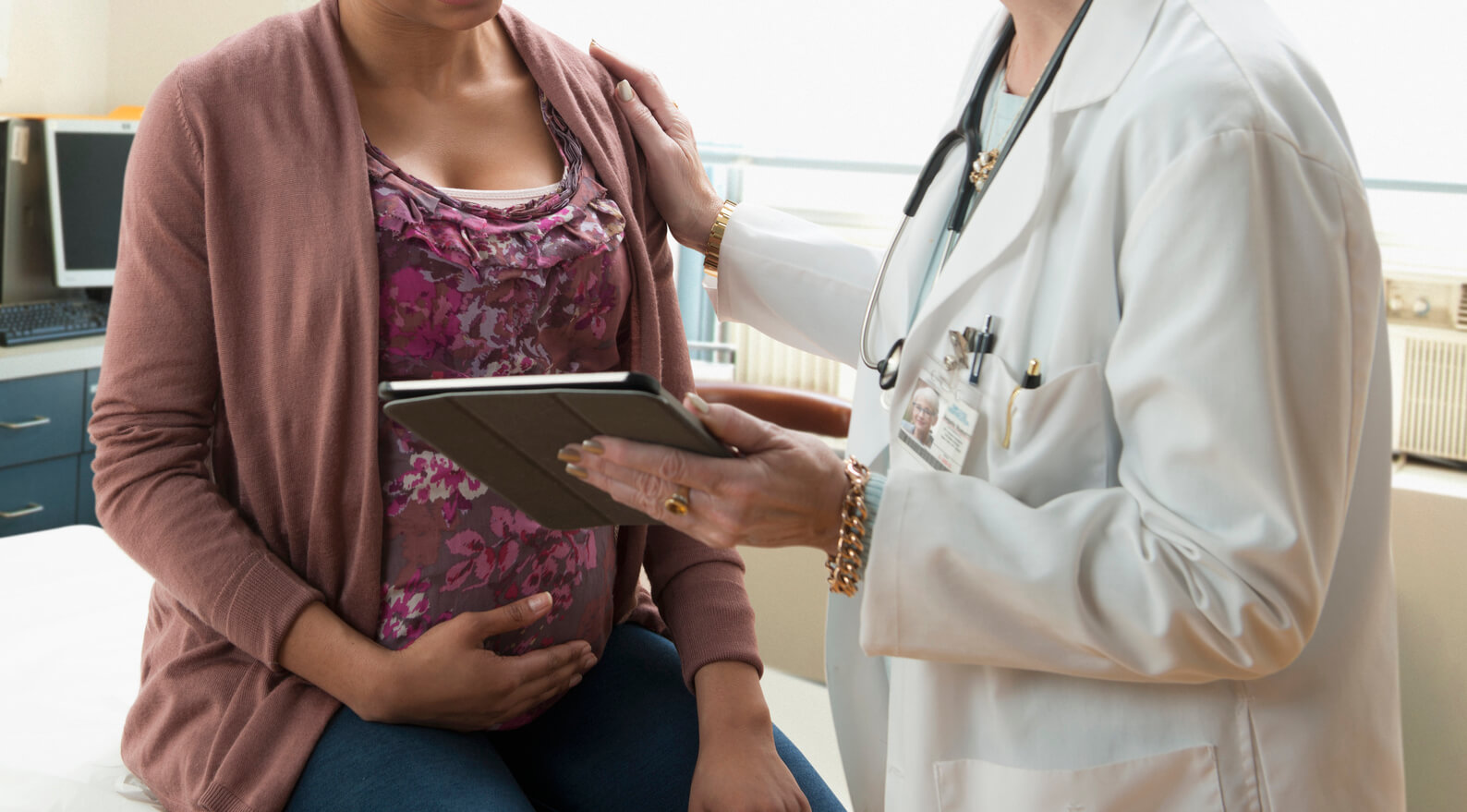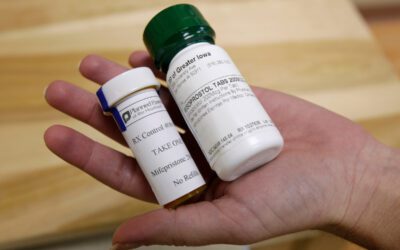
A bill that would increase postpartum Medicaid coverage for a full year, but restrict the number of people eligible for the program continues to work its way through the Iowa Senate.
The limit is currently at 60 days and Iowa is one of only three states that hasn’t expanded coverage. The others are Idaho and Arkansas. This is despite President Joe Biden’s American Rescue Plan Act giving states the ability to apply for 12-month coverage in 2021, and the funding being made permanent in 2023.
Though the bill passed through a Senate subcommittee unanimously on Monday, Sen. Janet Petersen (D-Des Moines) had questions and concerns about the number of people who would be ineligible for coverage if the bill made it into law.
The bill, proposed by Gov. Kim Reynolds, limits qualification to people with family incomes at or below the 215% of the federal poverty line (FPL). That translates to about $64,500 annually for a family of four. This is less than the current Iowa postpartum limit of 375% at or below the line, which is about $117,000 a year for a family of four.
“Why would we take a pretty significant step backward for pregnant moms in order to get postpartum coverage?” Petersen asked. Senate Democrats have proposed a similar bill that would keep postpartum eligibility at current levels.
Postpartum care involves many aspects of follow-up care after childbirth, including helping people recover from childbirth, managing and treating complications, addressing mental health needs, and more. Expanded access is associated with decreased rates of maternal and infant mortality.
The main reasoning provided by Dr. Kelly Garcia, director of the Iowa Department of Health and Human Services, was that 215% brings Iowa in line with other states where the limit is 210% of the poverty line.
Petersen said that would mean taking money away from the people who qualify now in order to pay for extending the postpartum care, and Garcia confirmed that was the case.
“Iowa had the best pregnancy coverage for Medicaid moms in the country, and this would take us down to the 13th in the country,” Petersen said. “Iowa had the highest level of infant mortality increase in the country in the most recent data that we saw.”
Molly Severn, Reynolds’ deputy chief of staff and legislative lobbyist, said the adjustment would mean helping people who need it the most.
“The governor’s proposal offers coverage for those who truly need it,” she said. “In fact, even at 215% FPL, Iowa would have the 13th highest FPL in the nation for pregnant women.”
No group spoke in opposition to the bill, but many pointed out that removing eligibility for the people who qualify now would harm them and their babies.
“One of the things that I think needs to be a backdrop as we talk about this is, we have a maternal mortality crisis. We have an infant mortality crisis,” said Chaney Yeast, representing Blank Children’s Hospital. “This is a single policy lever that you can pull to improve the health of moms and babies.”
Most of the speakers, especially those attached to health care organizations, urged the lawmakers to find some way to increase the eligibility, so more people would benefit from the expanded postpartum coverage. They all praised the year-long expansion, but worried about the people who might fall through the cracks if they lose their coverage.
“We know that link between mom and baby’s health, when moms lose coverage, that impacts babies as well,” said MaryNelle Trefz with Iowa ACES 360. She said rural families are more likely to be impacted because they’re more likely to work in small businesses that don’t offer employer-based health care.
Sen. Mark Costello (R-Imogene) chaired the subcommittee and said he was comfortable restricting eligibility to put Iowa in line with other states.
“I do want to point out for a family of four that 375%, that’s $112,500. That’s pretty good money,” he said. “And you probably should be able to have insurance or take care of yourself at that rate.”
Sen. Anette Sweeney (R-Iowa Falls) also voted to advance the bill but offered very few comments.
Petersen said she fully supported the expansion but she thinks Iowa can do better.
“The ultimate question is: is this the best that Governor Reynolds can do for pregnant moms in Iowa?” Petersen asked.
“I think the governor can do better,” she continued. “I know Republicans in the Senate have done better. We should not be taking a step backward to be taking a step forward for pregnant women and babies in this state.”
Support Our Cause
Thank you for taking the time to read our work. Before you go, we hope you'll consider supporting our values-driven journalism, which has always strived to make clear what's really at stake for Iowans and our future.
Since day one, our goal here at Iowa Starting Line has always been to empower people across the state with fact-based news and information. We believe that when people are armed with knowledge about what's happening in their local, state, and federal governments—including who is working on their behalf and who is actively trying to block efforts aimed at improving the daily lives of Iowan families—they will be inspired to become civically engaged.


House GOP fast-tracks budget bill that would cut off Medicaid funding to Planned Parenthood
The budget package proposes steep health care cuts—and includes a new push to block patients from accessing reproductive care. In a 30-24 party-line...

Report: Majority of pregnancy-related deaths in Iowa could have been prevented
A newly released report found that 95% of pregnancy-related deaths in Iowa were preventable, and those deaths disproportionately affected women who...

Shattering stigma: Iowa woman shares her abortion story to empower others
There are different types of people who seek abortions. Here is the story of one of those women—the everyday woman who accidentally got pregnant....

New Iowa bill would ban abortion pill, sparking backlash
Republican proposes bill to effectively end 74% of abortions in Iowa by banning a pill that’s safer than penicillin and Viagra. Seventy-four...

Way more Americans are getting sterilized since Roe was struck down, research finds
A new study has found that from May to August 2022, vasectomies surged by 95% and tubal sterilizations increased by 70% among adults ages 19 to 26....

People are leaving states with abortion bans, according to study
A new analysis from the National Bureau of Economic Research found that since 2022, states with near-total abortion bans appear to have lost 36,000...





